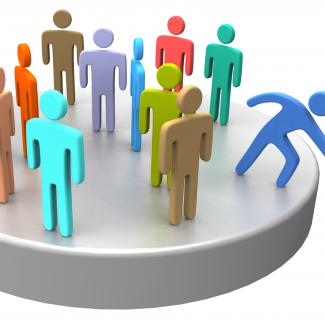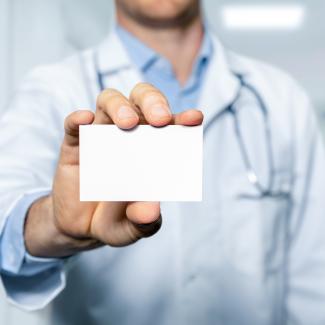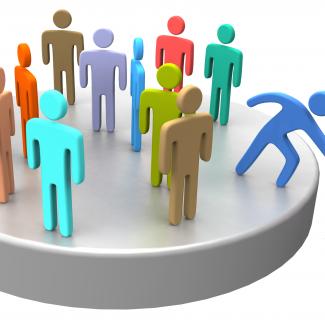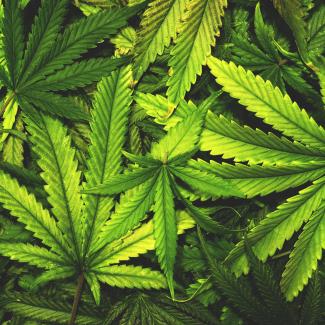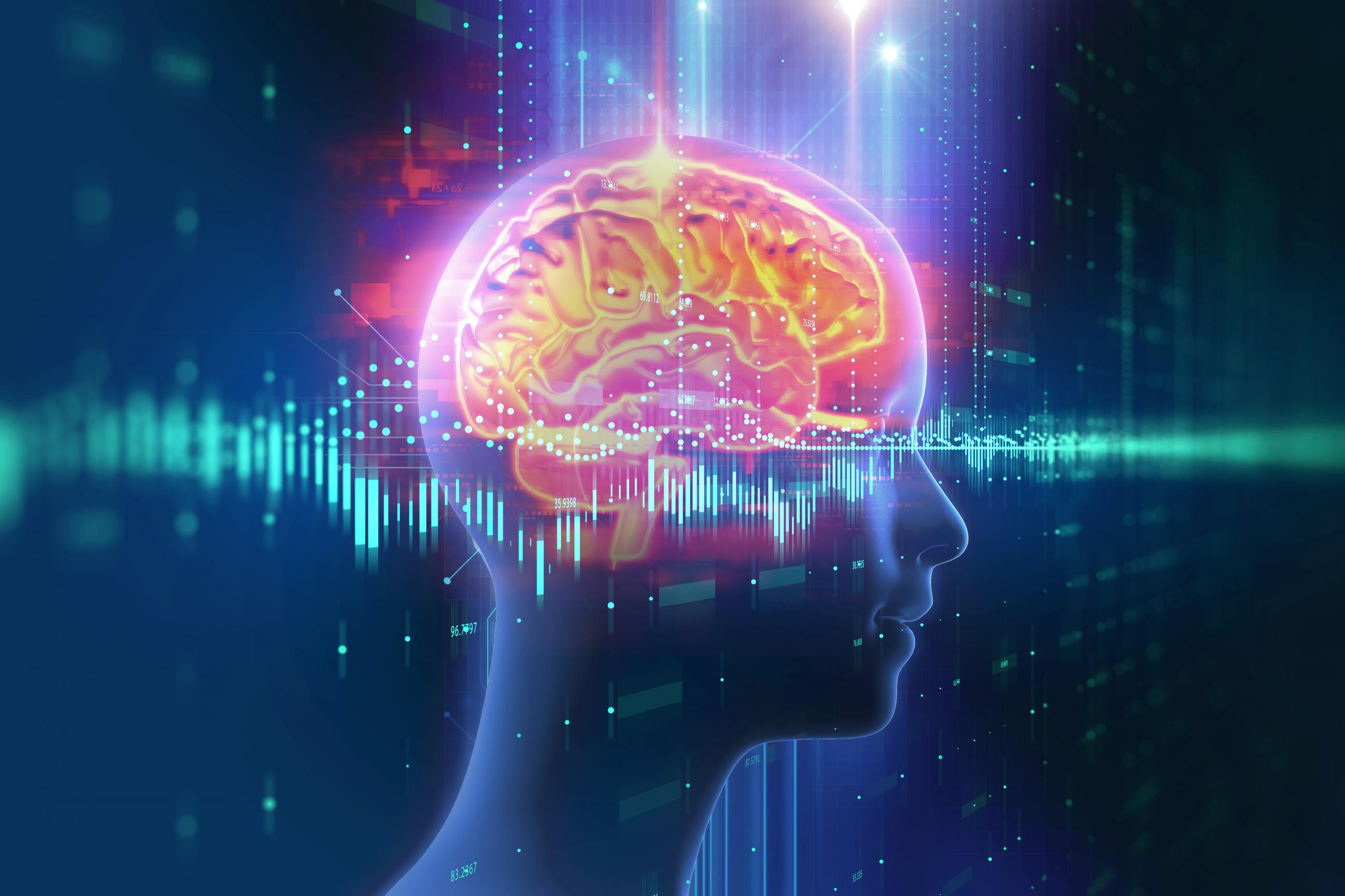Your body has a built in network of receptors called the Endocannabinoid system. By now, you're probably aware that cannabinoids are found in the cannabis plant. The two most popular cannabinoids are THC and CBD. This begs the question, why does our body have an Endocannabinoid system? Do we have naturally occurring cannabinoids in our body?
Scientists discovered the Endocannabinoid system about 25 years ago. As scientists studied how THC and CBD affect our body, they discovered this special network of receptors. They began to wonder, why would we have a built-in system like this if we didn’t produce cannabinoid-like chemicals on our own.
Naturally Occurring Cannabinoid
As a result of their discovery, scientists dove in and discovered that we produce a chemical called Anandamide. This neurotransmitter binds to endocannabinoid receptors and produces a “blissful” or “peaceful” feeling, much like THC.
What does the Endocannbinoid System Do?
Generally speaking, the Endocannabinoid system controls vital life functions related to the immune system, memory, appetite, sleep pattern, mood, pain sensation, temperature, pleasure, and even reproduction. Basically, it is responsible for establishing and maintaining human health or homeostasis in the body.
What does This Mean for Medical Marijuana?
CB1 and CB2 are the two main receptors in the body.
CB1 receptors are in the central and peripheral nervous system, and are the most abundant receptors in the brain. THC binds to and activates the CB1 receptors, producing it’s classic psychoactive effects. Anandamide also binds to and activates the CB1 receptors, however, it is only produced by the body when it is needed and disposed of as soon as it is not. The effects of THC last longer because the body does not dispose of them right away.
CB2 receptors are in the immune system, digestive system, and several main organs. They are primarily responsible for reducing inflammation. CB2 receptors are “the cause of the massive range of cannabis’ medical properties.” THC interacts with them, but only CB1 receptors can produce the classic high. CBD interacts with both CB1 and CB2.
When it comes down to it, medical marijuana is only able to produce such amazing medical benefits because of the Endocannabinoid system. For this reason, medical marijuana would essentially be useless to us without it.
Contact Us
If you believe that you may be a good candidate for medical marijuana, call us at (786) 224-4005 or schedule your free consultation online, today.

